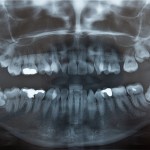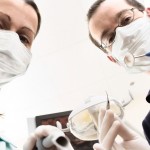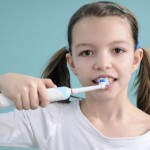
The removal of lower third molars is a very common surgical procedure. Neurosensory deficits ranging from anaesthesia, hypoesthesia, hyperesthesia, or dysaesthesia are a recognised adverse outcomes and have been reported in prevalence ranging from 0.1% to 22% for lingual nerve (LN) and 0.26% to 8.4% for inferior alveolar nerve (IAN). The aim of this review [read the full story…]


